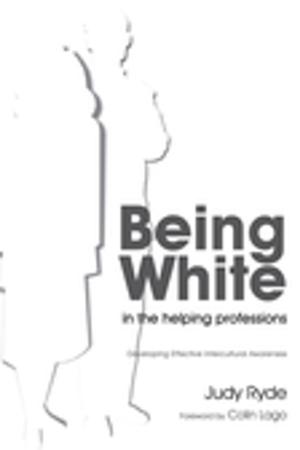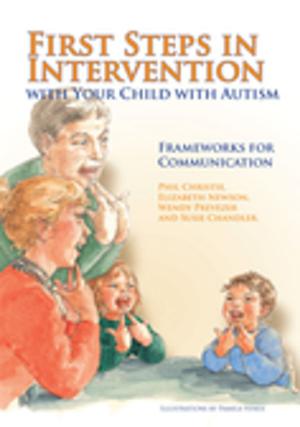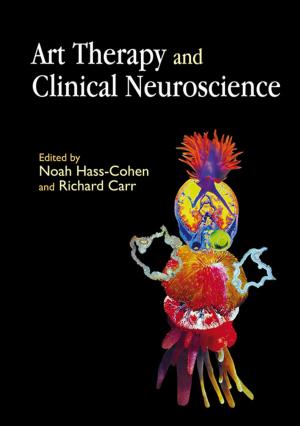The Theory and Practice of Vocal Psychotherapy
Songs of the Self
Nonfiction, Health & Well Being, Medical, Allied Health Services, Occupational Therapy, Psychology, Psychotherapy| Author: | Diane Austin | ISBN: | 9781846429415 |
| Publisher: | Jessica Kingsley Publishers | Publication: | April 15, 2009 |
| Imprint: | Jessica Kingsley Publishers | Language: | English |
| Author: | Diane Austin |
| ISBN: | 9781846429415 |
| Publisher: | Jessica Kingsley Publishers |
| Publication: | April 15, 2009 |
| Imprint: | Jessica Kingsley Publishers |
| Language: | English |
The voice is the most powerful and widely used instrument in music therapy. This book demonstrates the enormous possibilities for personal change and growth using a new, voice-based model of psychotherapy where the sounds of the voice are expressed, listened to and interpreted in order to access unconscious aspects of the self and retrieve memories, images and feelings from the past.
Combining theory with practice, the book explains the foundations of vocal psychotherapy and goes on to explore its usage in clinical practice and the various techniques involved. The book integrates important concepts from depth psychology such as regression, reenactment and working with transference and counter-transference with the practice of vocal music therapy. Drawing on over twenty years of research, the author uses case studies to illustrate specific vocal interventions, including improvisation techniques such as vocal holding, free associative singing and psychodramatic singing.
Vocal Psychotherapy highlights the value of voice work as an integral part of the psychotherapeutic process and provides a model of advanced clinical work that will be essential reading for music and creative arts therapists.
The voice is the most powerful and widely used instrument in music therapy. This book demonstrates the enormous possibilities for personal change and growth using a new, voice-based model of psychotherapy where the sounds of the voice are expressed, listened to and interpreted in order to access unconscious aspects of the self and retrieve memories, images and feelings from the past.
Combining theory with practice, the book explains the foundations of vocal psychotherapy and goes on to explore its usage in clinical practice and the various techniques involved. The book integrates important concepts from depth psychology such as regression, reenactment and working with transference and counter-transference with the practice of vocal music therapy. Drawing on over twenty years of research, the author uses case studies to illustrate specific vocal interventions, including improvisation techniques such as vocal holding, free associative singing and psychodramatic singing.
Vocal Psychotherapy highlights the value of voice work as an integral part of the psychotherapeutic process and provides a model of advanced clinical work that will be essential reading for music and creative arts therapists.















